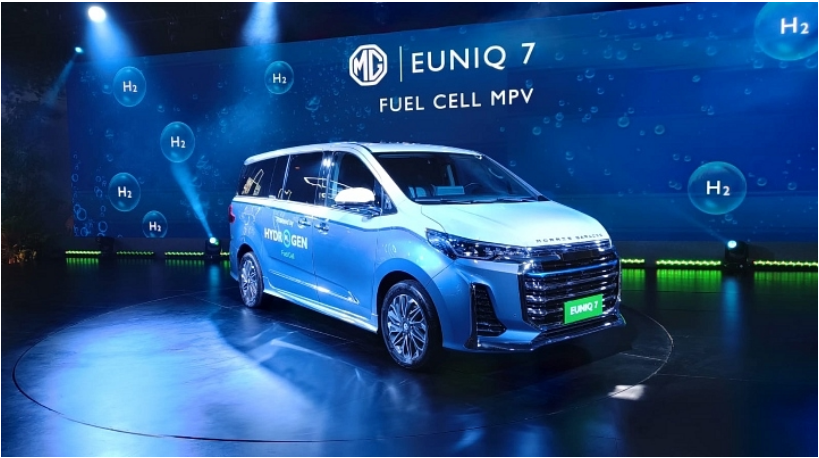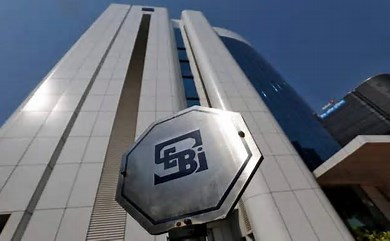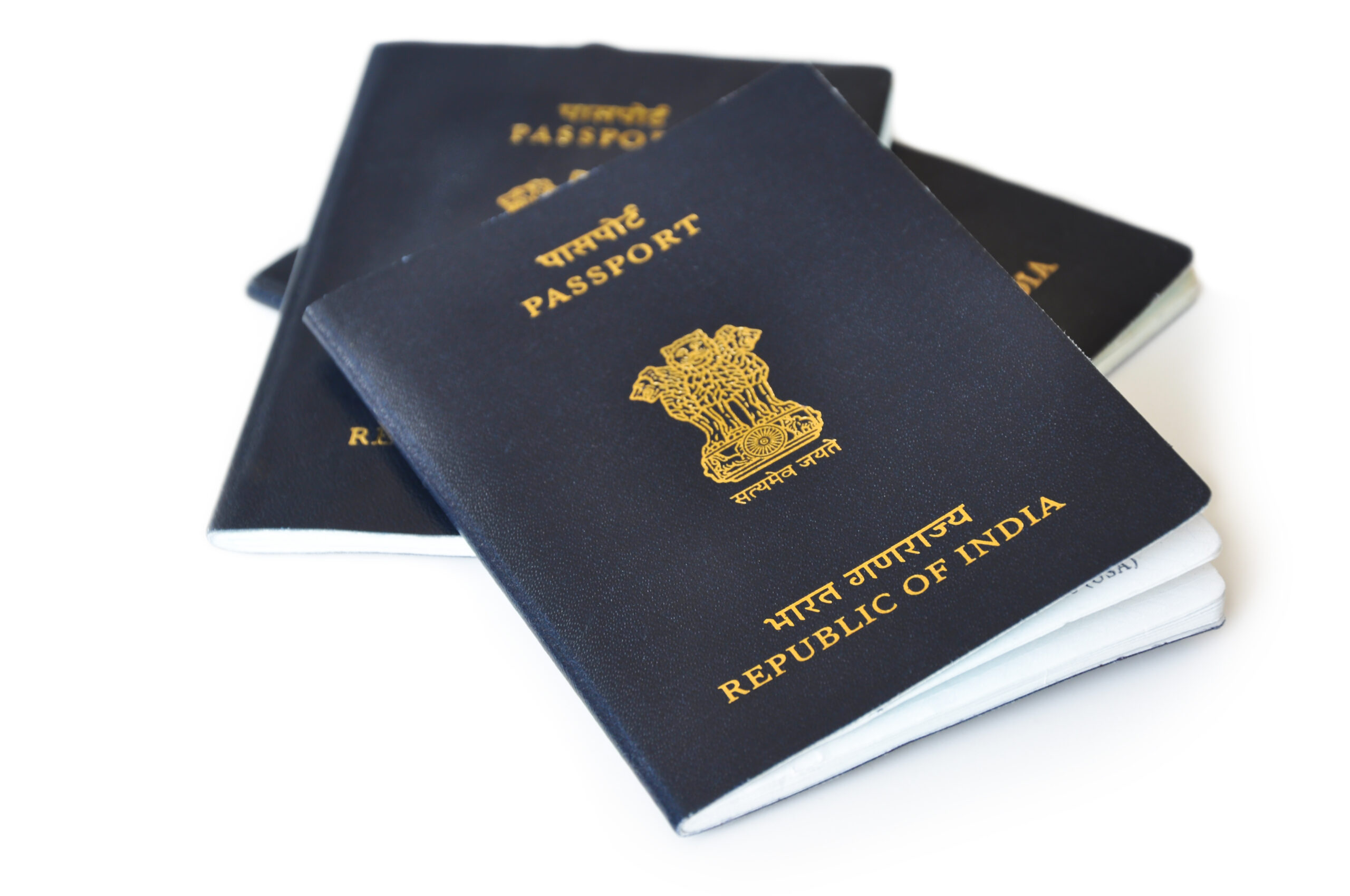The Government on Thursday set a manufacturing target of 5 lakh electric three wheelers, at least 55,000 electric four wheelers and 7000 electric buses by 2024 as India’s automobile manufacturers and vehicle exhibitors took to the 16th Auto Expo stage with a vengeance, launching products across PV and commercial segments, high on innovation in clean, green and sustainable solutions. Union Minister of Heavy Industries Mahendra Nath Pandey set out the vision against the backdrop of India’s emergence as a major exporter of auto components with shipments of around USD 19 billion in FY 2022, significant contribution by the components industry in India’s GDP and the Government’s conducive policies that Indian industry and private players can leverage to fulfil the aim.
Around Rs 68,000 crore of investments were drawn under the original equipment manufacturer (OEM) and components industry through the PLI schemes for the auto components sector along with the FAME initiative, Pandey said at the inauguration of the 16th Auto Expo Components Show 2023, jointly organized by the Automotive Component Manufacturers Association of India, Society of Indian Automobile Manufacturers and the Confederation of Indian Industry. Besides the Government’s effort on providing a robust infrastructure for the sector, improving cost effectiveness is seen as an imperative for India to become a global auto leader by Sanjiv Bajaj, President, CII while Sunjay Kapur, President, ACMA sees focus on R&D, innovation, and localisation for eco-friendly mobility solutions as mantra for the same objective.
All this is gaining traction as amply visible in the products launched in the Motor Show 2023 which was officially inaugurated by Pandey and Minister for Road Transport and Highways Nitin Gadkari. MG Motors India brought in a new energy vehicle, the EUNIQ 7 which is also the world’s first hydrogen fuel cell multi-purpose vehicle and SUN Mobility launched SwapX which is a compact station for EV revolution and the S2.1, a next-gen battery pack. Jupiter Electric Mobility debuted two e-light commercial vehicles and WardWizard unveiled high-speed electric scooter ‘MIHOS’ as well as the concept of its city electric motorcycle ‘Rockefeller’ at Auto Expo 2023.
India also got its first automatic dual speed transmission electric three wheelers with Shera R8 and Shera Comfy from MTA EV as well as its first indigenous smart multi-purpose E-Scooter ‘URBN’ from Motovolt. Godawari Electric Motors launched its electric auto (L5M) Eblu Rozee and electric bicycle Eblu Spin while Gravton Motors unveiled four new EV’s — QRX, ARQ, Rapid EV (Gravton motors partnered with log9) and Quanta SE (Gravton motors partnered with Sun Mobility) and Corrit Electric announced the launch of B2B focused delivery electric bike-‘Transit’.
Among the most striking developments in the passenger EV space is the launch of IONIQ 5, an EV model from Hyundai Motor India (HMIL) offered on a dedicated electric global modular platform with a range of 631 km per full charge. The car comes with benefits of ultrafast charging that can charge the vehicle’s 72.6 kWh battery from 10 per cent to 80 per cent in 18 minutes with a 350 kW DC charger and in 21 minutes with a 150 kW DC charger. Setting the stage for a stiff turf battle, Suzuki Motor Corporation showcased the Concept eVX or ‘Emotional Versatile Cruiser,’ a mid-size electric SUV designed and developed by SMC in line with its global measures to reduce greenhouse gas emissions. The EV will be powered by a 60kWh battery pack offering up to 550km of driving range and brought to market by 2025 and as already planned, SMC will invest Rs 100 billion in the production of BEVs and their batteries.
Leading global new energy vehicle manufacturer BYD unveiled its luxury electric sedan BYD Seal ahead of its launch in India in Q4 2023 while KIA India introduced its all-electric suv concept EV9 and announced Rs 2,000 crore investment in India for EV-related R&D, production and infrastructure development. The first day of the Expo also saw Hexall Motors’ launch of the ‘Mammoth Series’ of electric passenger L5 and electric cargo L5 vehicles with highest payload and passenger capacity in its segment.
The two and three wheeler space saw action with Atul Greentech Private announcing foray into the electric space with the unveiling of two electric three wheeler models — the Atul Mobili and Atul Energie and TORK Motors unveiled the all-new electric motorcycle – KRATOS X aimed at making electric motorcycle segment more accessible and pragmatic. Greaves Cotton displayed six new electric two and three wheelers for last mile passenger and cargo transportation across consumer categories.
Set on achieving net-zero emissions by 2040 for passenger vehicle business, Tata Motors presented 12 vehicles and concepts of smart and green range of personal mobility solutions led by the first in India all-wheel drive electric SUV, Harrier EV, Tiago.ev, the Avinya and showstopper Sierra.ev. The EV contribution in Tata Motors portfolio is likely to increase to 25 per cent in 5 years and reach 50 per cent by 2030. With a target of achieving net-zero emissions by 2045 for commercial vehicle business, the company unveiled a range of sustainable solutions across CV segments like India’s first Hydrogen fuel cell bus for commercial application, first hydrogen fuel cell powered tractor concept and first hydrogen ICE powered concept truck.
Ashok Leyland displayed seven advanced mobility solutions — battery electric vehicle, fuel cell electric vehicle, hydrogen internal combustion engine (ice) vehicle, liquefied natural gas vehicle, intercity CNG bus and a mini passenger bus covering both the truck and bus segments. Making a debut in the long-range electric luxury coaches segment, JBM Auto’s first 100 per cent electric luxury coach – JBM GALAXY marks a significant shift for the coach industry so far dominated by foreign players.












